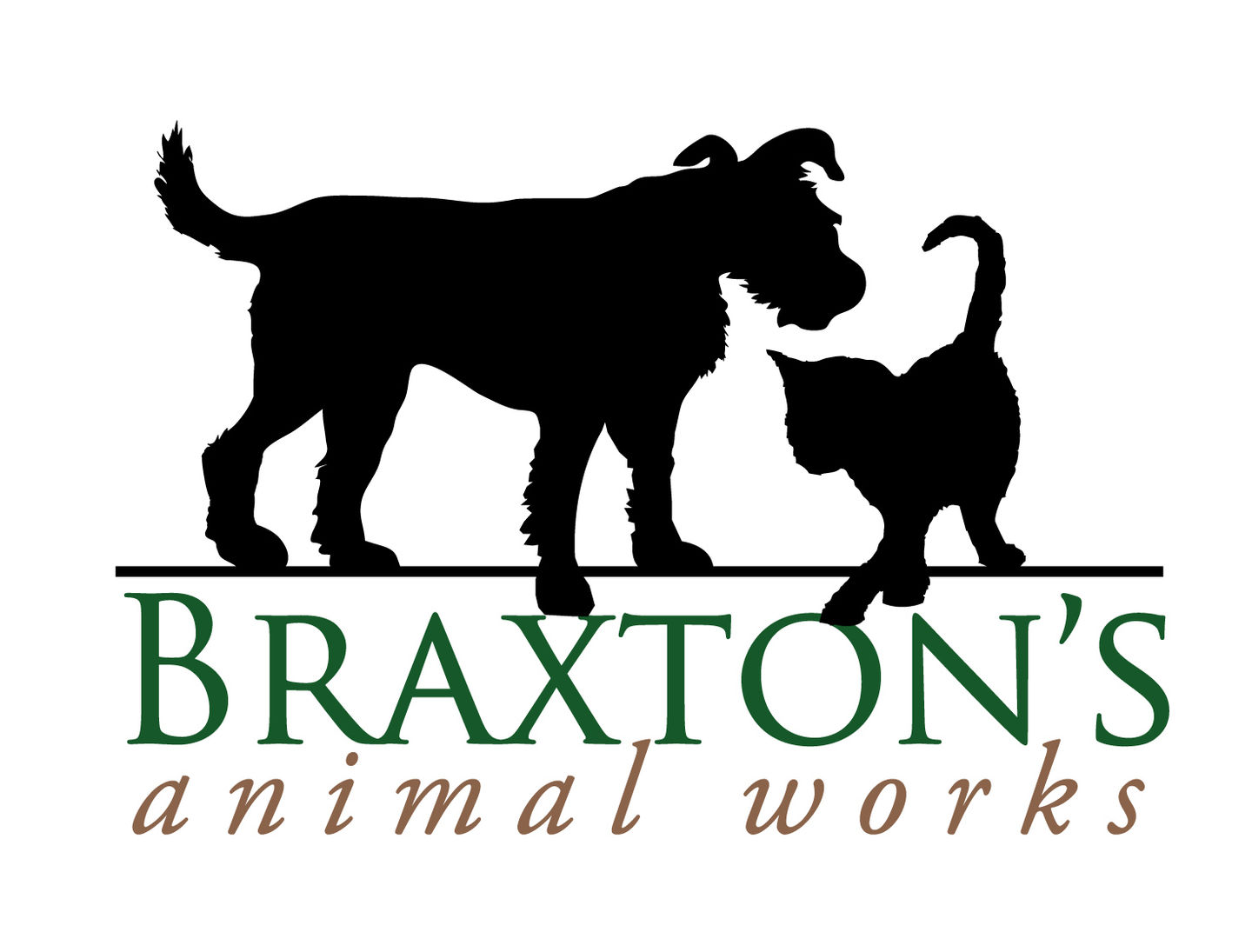[caption id="attachment_50457" align="alignleft" width="200"] Photo: Allivet[/caption]
Did you know that most calls to pet poison hotlines involve dogs? We all know the obvious hazards to our pets, but did you know that everyday household substances can be most harmful?
For more than 50 years and since its inception by Congress in 1961, the third week in March has been designated as National Poison Prevention Week. This year it falls on March 17-23, and Braxton's is urging everyone to remember the four-legged members of the family, as they are among the most vulnerable. We encourage you to look at your house through your pet's eyes.
More than half of the poison cases involve curious dogs who have ingested human medication. These everyday medications can be especially deadly to your animal companions; be sure to keep these out of reach.
pain killers cold remedies
anti-cancer drugs antidepressants
vitamins diet pills
Other common household hazards include:
- Antifreeze
- Liquid potpourri
- Ice melting products
- Rat and mouse bait
- Fabric softener sheets
- Mothballs
Certain foods can be toxic to pets if eaten in significant quantities including:
- Alcoholic beverages
- Avocado
- Chocolate
- Coffee
- Fatty foods
- Macadamia nuts
- Moldy or spoiled foods
- Onions
- Raisins and grapes
- Salt
- Yeast dough
Awareness is the key to preventing poisoning emergencies.
If you think your pet may have ingested something harmful, take action immediately.
- Don’t panic
- Collect materials involved
- Call your local Veterinarian, ASPCA Animal Poison Control Center (888) 426-4435, or Pet Poison Helpline at 1-800-213-6680
- Invest in an emergency first aid kit

